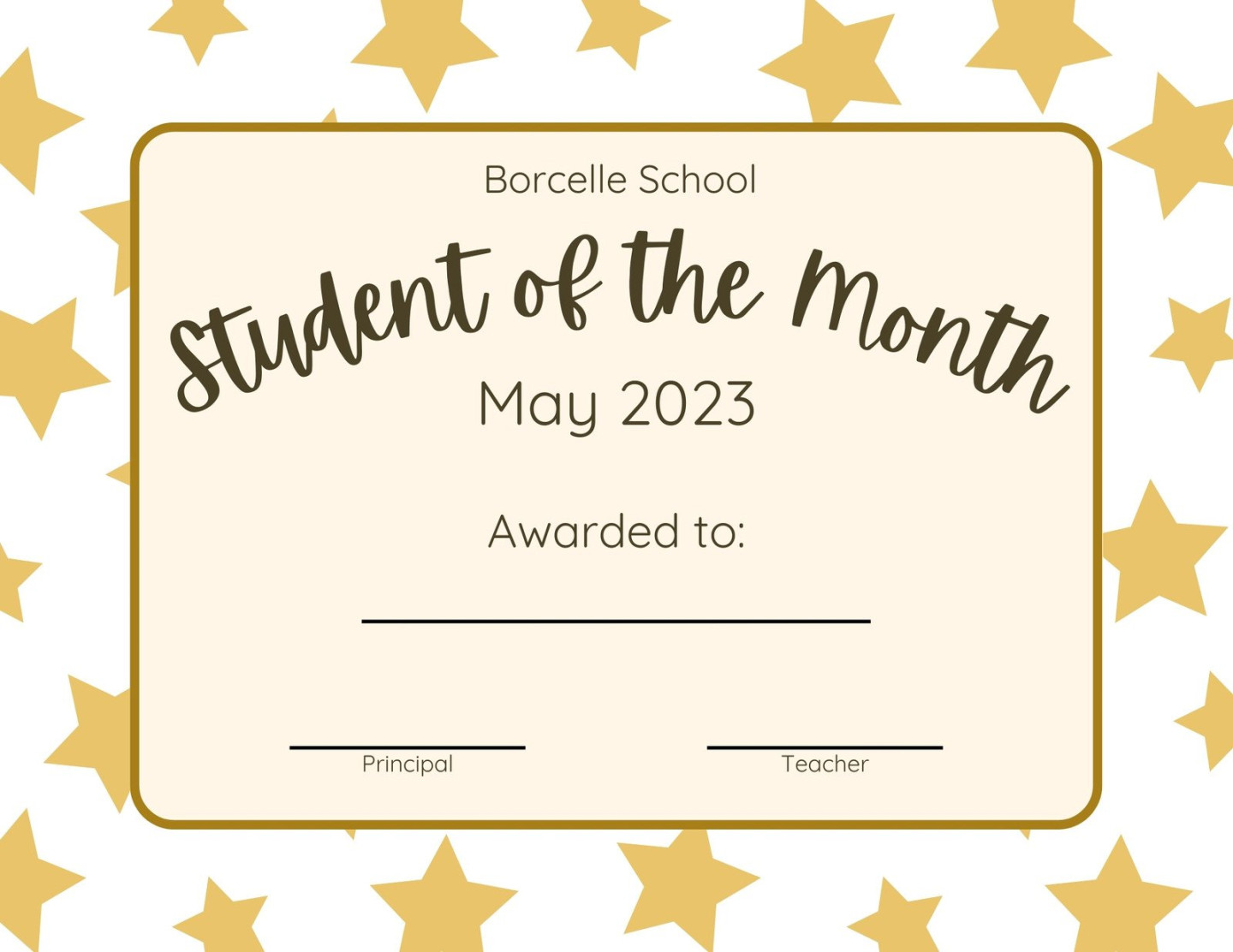A Small certificate Template is a digital document designed to formally recognize and acknowledge achievements, milestones, or participation in a specific event or program. It’s a versatile tool that can be used for various purposes, from recognizing employee performance to certifying course completion. By adhering to specific design principles, you can create a template that exudes professionalism and trustworthiness.
1. Define the Purpose and Audience
Before diving into the design process, it’s essential to clearly define the purpose of your certificate. Are you recognizing employee achievements, certifying course completion, or commemorating a special occasion? Understanding the purpose will help you tailor the design and messaging to your specific audience.

Image Source: canva.com
2. Choose a Suitable Layout
The layout of your certificate is crucial in conveying professionalism. Consider these classic and contemporary layouts:
Traditional Layout: A traditional layout typically features a formal border, a central area for the recipient’s name and achievement, and a signature block. This layout is ideal for formal occasions and certifications.
3. Select a Professional Color Palette
The color palette you choose can significantly impact the overall look and feel of your certificate. Opt for a color scheme that aligns with your brand or the specific occasion. Consider using a combination of neutral colors like black, white, and gray, with accent colors to add visual interest.
4. Prioritize Typography
Typography plays a vital role in creating a visually appealing and readable certificate. Choose a clear and legible font for the body text. For the title and recipient’s name, consider using a more elegant or distinctive font to add a touch of formality.
5. Incorporate High-Quality Imagery
Visual elements can enhance the aesthetic appeal of your certificate. If you choose to include images, ensure they are high-quality and relevant to the occasion. Avoid using low-resolution or pixelated images, as they can detract from the overall professionalism of the document.
6. Design a Clean and Uncluttered Layout
A clean and uncluttered layout is essential for a professional certificate. Avoid overcrowding the design with too many elements. Prioritize the key information, such as the recipient’s name, the achievement, and the issuing organization’s logo.
7. Use High-Quality Paper Stock
The quality of the paper stock can significantly impact the perceived value of your certificate. Consider using a premium paper stock with a smooth finish. This will ensure that your certificate looks and feels professional.
8. Consider Printing and Finishing Options
The printing and finishing options you choose can elevate the presentation of your certificate. Consider using a high-quality printer and professional printing services to achieve the best results. Additionally, consider adding finishing touches such as embossing, foil stamping, or lamination to enhance the overall look and feel of the document.
9. Ensure Accessibility
It’s important to ensure that your certificate is accessible to people with disabilities. Use sufficient color contrast between the text and background, and consider using alternative text for images.
10. Proofread Carefully
Before finalizing your certificate template, carefully proofread the text to ensure there are no errors in spelling or grammar. A well-crafted and error-free certificate reflects positively on your organization.
By following these guidelines, you can create a professional and visually appealing Small Certificate Template that will be cherished by recipients for years to come.